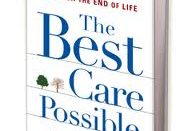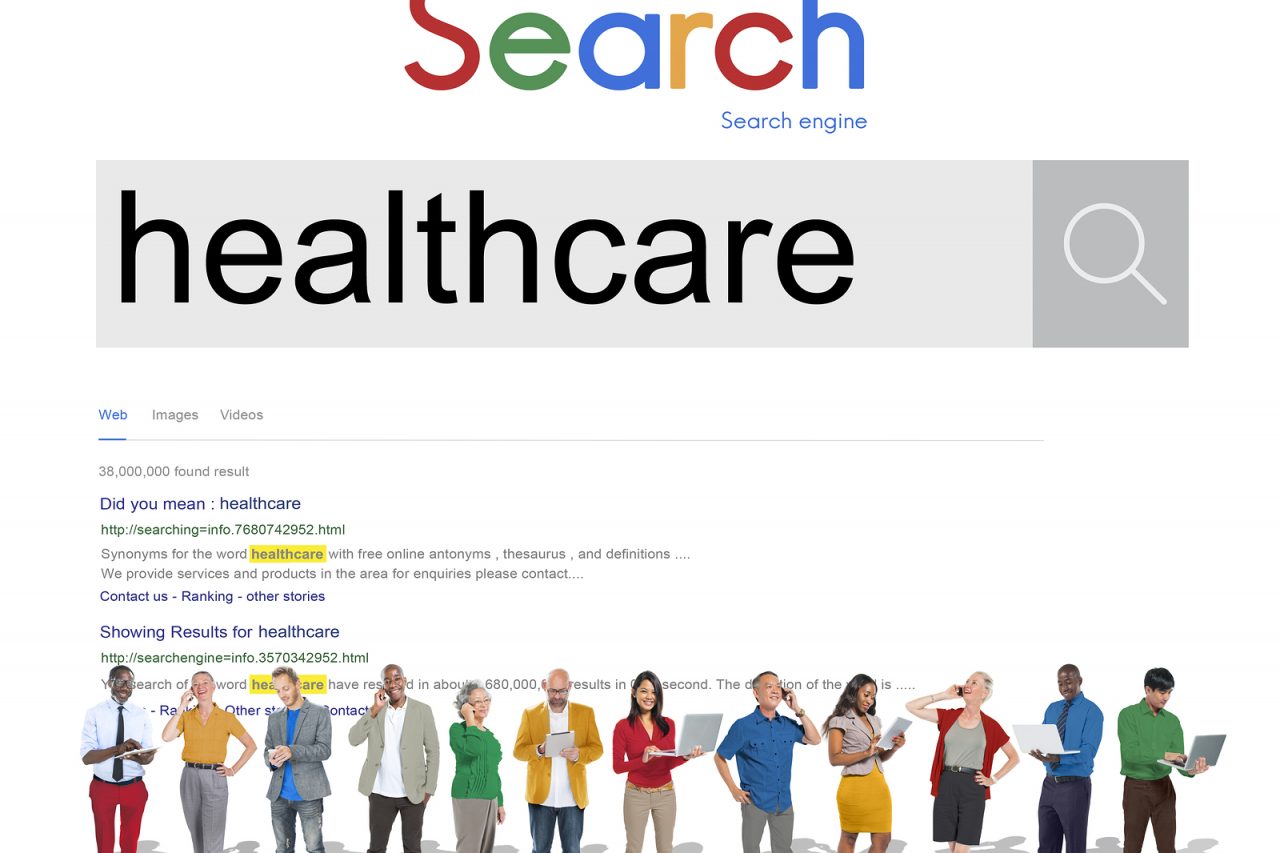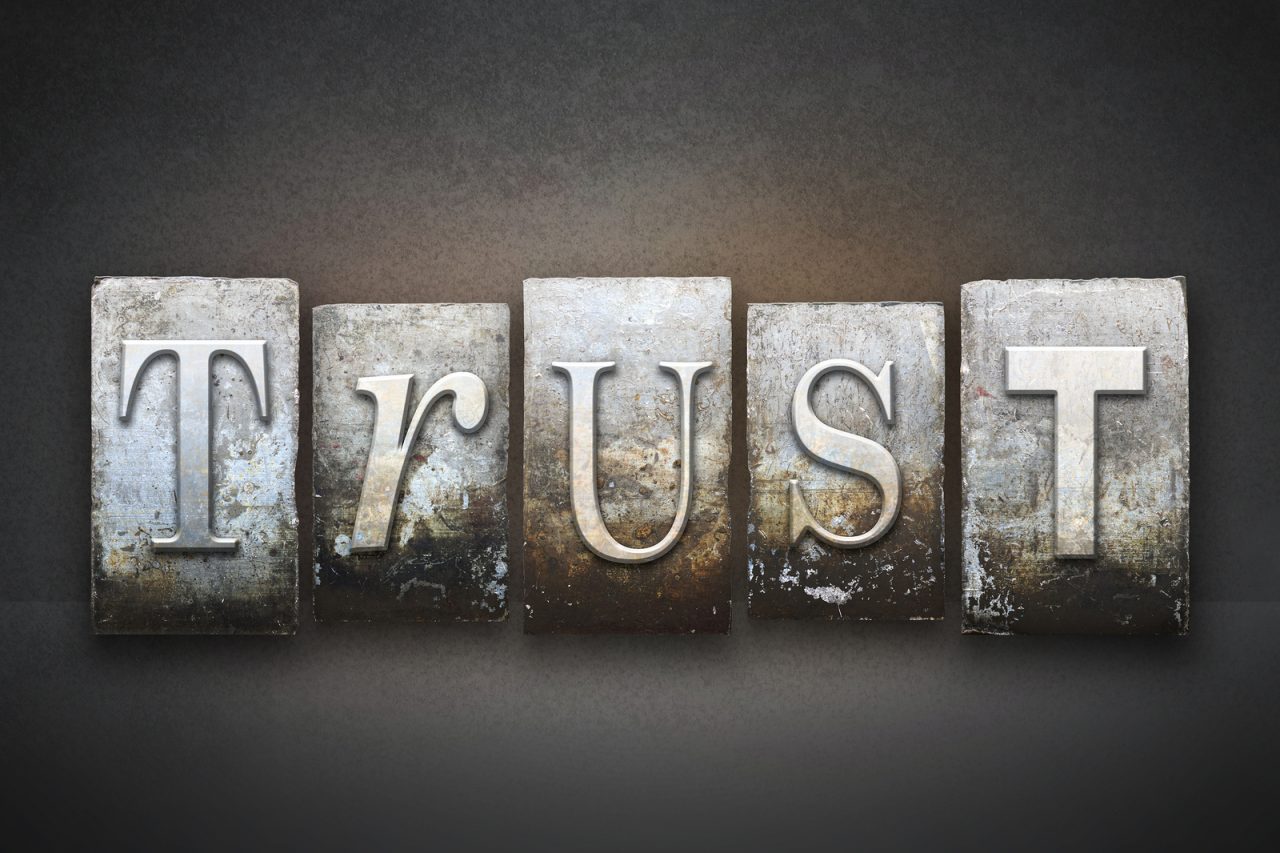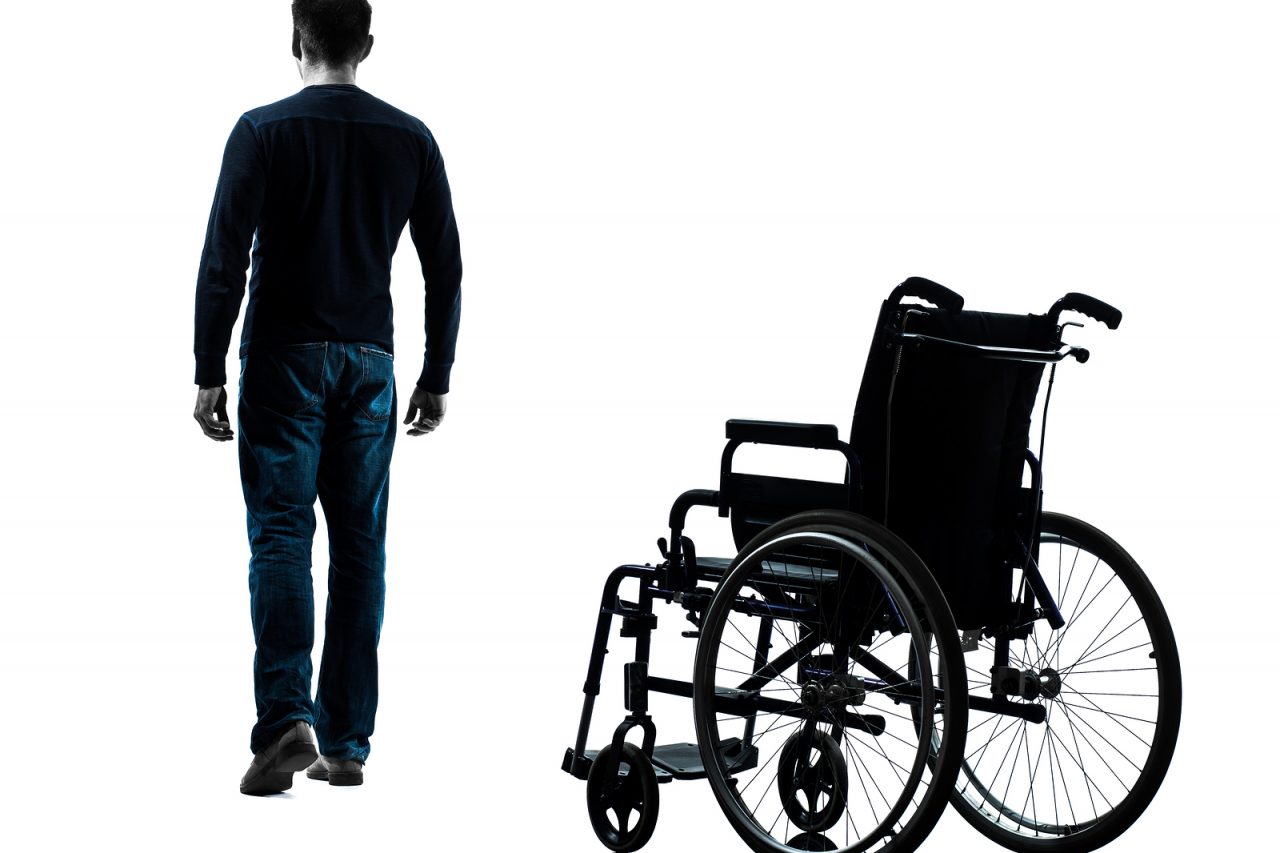Allow me to pose a question. When you cross a street, do you look both ways? Do you check for a bicycle, car or truck, which might strike you down? Do you check every time you cross the street? Do you ever, consciously, decide not to check, and just bolt across assuming you will not be struck dead? Me, I am a little compulsive, so I look twice, both ways, every time I cross the street. How about you?
Dumb question, right? Who would deliberately ignore the threat of a mass of hurtling steel? We all look, always. Self-Preservation 101. Nonetheless, things are not so simple. Perhaps there are times when we would rather trust luck, then scrutinize the road.
Consider the IBIS-II Trial, published in December (The Lancet, 12/12/2013). This large study attempted to determine if the estrogen suppressing drug anastrozole, can reduce breast cancer occurrence in women at high risk of getting the disease. With great enterprise and difficulty, 2864 women were recruited, educated, consented and randomized to receive either the study drug or a sugar pill (placebo) for five years. Their physicians followed them frequently. Neither the doctors treating these patient, nor the patients themselves, knew which pill they were taking.
The great news is that anastrozole decreases the rate of new breast cancers by 50%. Thus, we have another valuable tool to prevent this dread malignancy.
The bizarre news? 32% of patients who were taking the study drug, anastrozole, stopped taking the medicine during the study. Even more remarkable was this; complaining of side effects such as nausea, fatigue, bone pain, and hot flashes, 28% of the women taking the placebo, also stopped taking those pills. That is right … hundreds of women complained the sugar pill was making them sick. In addition, women in both groups dropped out of the study in the middle, stating that even though they had signed up, after thinking about it, they refused to take the medicine.
I guess I am naïve, because this kind of makes my head spin. You have been told that you have a marked increased risk of breast cancer, because, for example, your sister or mother had breast cancer, you come from a family with multiple cancers or you have highly dense breasts, (many of these women had more than four (4) times the average risk for breast cancer); yet you will not try and protect yourself. In addition, while I can understand that someone taking the anastrozole might experience enough complications to preclude continuing, what about the “side effects” in the sugar pill group?
One concludes that a combination of anxiety and mistrust regarding medication side effects, mixed with normal day-to-day aches, lead these women to drop out. I hope that many of the side effects went away when they stopped the placebo, but we really do not know. Given that the poor compliance rate was similar in both groups, do we even know there were any “real” side effects of the study drug?
So, what might we conclude about people and research from IBIS-II? First, it is extremely difficult to carry out high quality clinical scientific research on an animal as complex as a human being. It is hard to get good data when the subjects keep mixing us up. Second, it shows the emotional and supra-tentorial component of human physiology. It also reminds us there is a significant need for improved medical education of patients and the general community. Finally, there continues to be a glaring gap in the trust between patients and organized medicine, which no doubt interferes with good health decisions.
We all deviate from the best health decisions for many reasons, and we harbor the vague concept that we “know” better. Still, it would seem we have a long way to go when women who have drastically elevated risks of breast cancer are willing to cross life’s street, even occasionally, ignoring the malignant machine bearing down on them. I would suggest that when we know there is great risk, it is worth trying to prevent catastrophe. Me, I will continue to look when I cross … both ways.







11 Comments